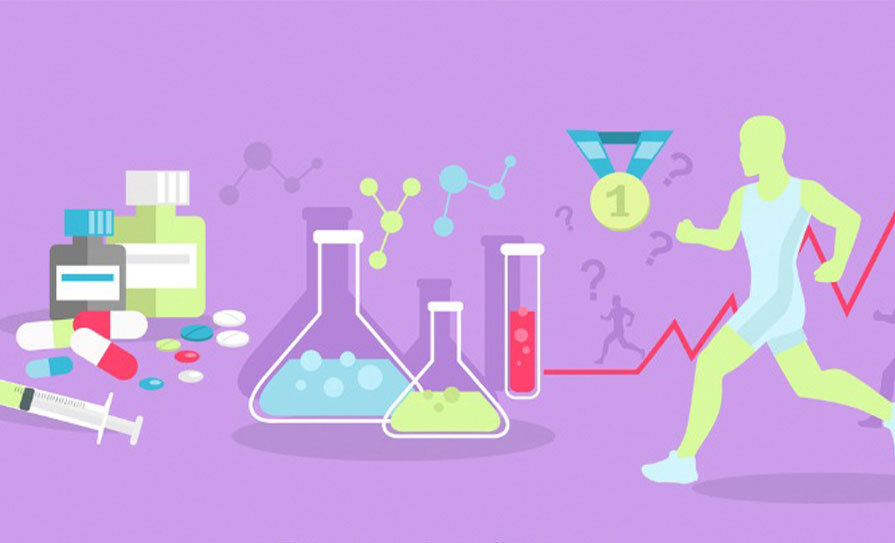The International Pharmaceutical Federation (FIP) has teamed up with colleagues from the International Sports Pharmacists Network to publish a global overview of sports pharmacy practice and education, released recently. The report highlights how pharmacists have been using their pharmacy knowledge and skills to act as key athlete support personnel through pharmaceutical care, doping control and providing services at sporting events. It defines sports pharmacy as a specialty area and outlines the knowledge and skills required to practise it.
“Since the publication of FIP guidelines on ‘The role of the pharmacist in the fight against doping in sport’ in 2014, the work of many individual pharmacists has nurtured sports pharmacy into an expanding specialty. This growth occurred parallel to and often intertwined with growth of the anti-doping movement. Internationally, major stakeholders acknowledge sports pharmacists as key contributors to anti-doping and clean sport initiatives. Facets of pharmaceutical care for athletes led by experienced sports pharmacists have become embedded in sports medicine around the world. The specialty of sports pharmacy is no longer a niche area, but is one gaining traction as a recognised speciality on a global scale,” explained Mr Mark Stuart, co-author and a sports pharmacist who has worked at many Olympic Games.
The report’s authors are now calling for formalised and quality education on sports pharmacy alongside international undergraduate curricula and for a system of credentialling sports pharmacists. Although stakeholders in sport recognise the usefulness of qualified sports pharmacists, few countries specify registration to prove qualifications or to recognise sports pharmacists, with Japan providing the most substantial example, and Turkey rapidly developing exemplary educational models, the report details.
“Sports pharmacists are characterised by a commitment to uphold the health of athletes and fairness in sport, their dedication to remain current on evidence-based recommendation for health in sport and the anti-doping movement, which will optimise safe and effective use of medicines. Pharmacists with an interest
in sports pharmacy can use this document to assess their learning needs and identify the areas where they may require additional education and learning. Educators can utilise the knowledge and skills described as a guide for course development,” said Ms Ashley Anderson, co-author and lead editor of the report,
and sports pharmacist, International Sports Pharmacists Network, USA.
In addition to discussing sports pharmacy education and qualifications, the report includes sections on pharmacists’ roles in the anti-doping movement, therapeutic use of prohibited medicines, and risk assessment of dietary supplements.







